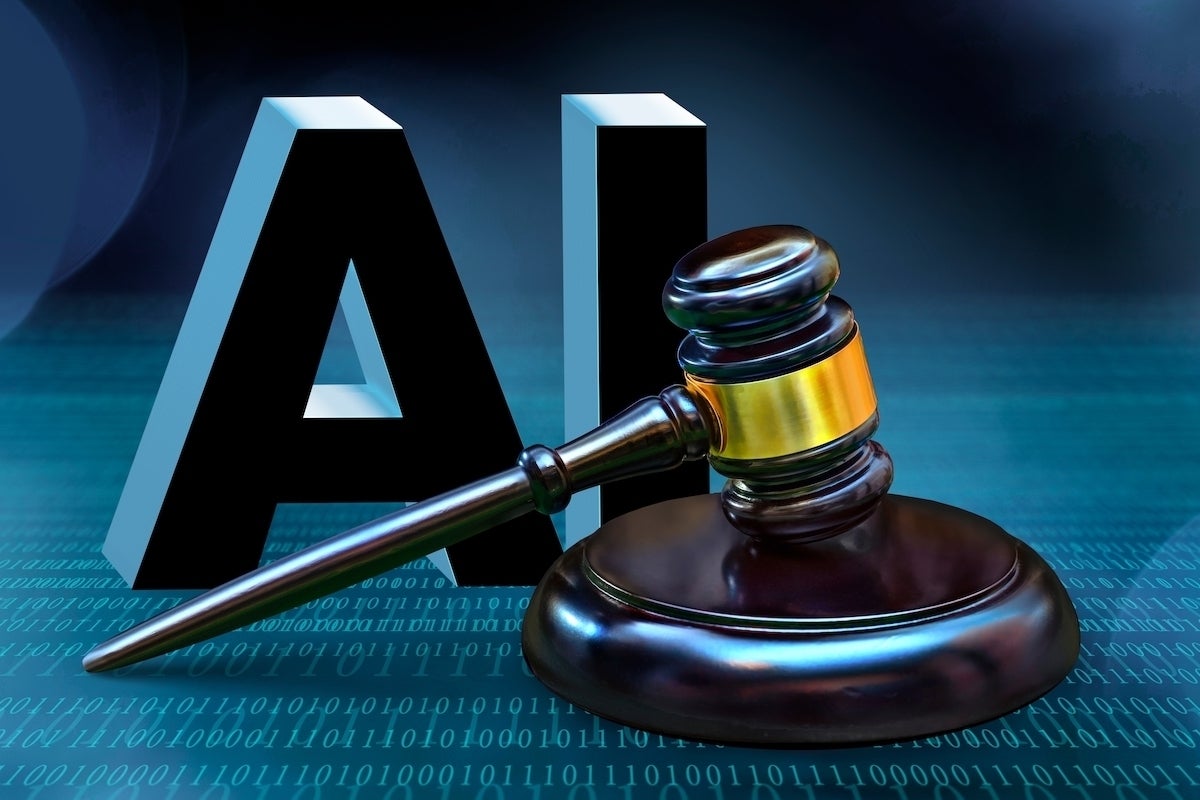A group of nonfiction writers has filed a class-action suit against OpenAI and Microsoft for allegedly infringing on their copyrighted materials by training the AI chatbot ChatGPT on their written works and academic journals without their consent.
The suit — one of several filed against the AI platform provider that make a similar complaint — comes as OpenAI ends a tumultuous five days with the reinstatement of Sam Altman as OpenAI’s chief executive. His return was spurred by employees, investors, and allies rallying to his defense after his ouster by the company’s board of directors last week.
Julian Sancton, author of the New York Times bestseller Madhouse at the End of the Earth: The Belgica’s Journey Into the Dark Antarctic, is the principal plaintiff named in the suit, which accuses OpenAI and Microsoft of blatantly ignoring copyright laws for their own financial gain.
“OpenAI and Microsoft have built a business valued into the tens of billions of dollars by taking the combined works of humanity without permission,” the lawsuit, filed by law firm Susman Godfrey LLP, alleged. “Rather than pay for intellectual property, they pretend as if the laws protecting copyright do not exist.”
The suit cites the years of conception, research, and writing spent by authors on their works — which OpenAI uses without their permission — as its basis for infringement. Sancton, for instance, spent five years and tens of thousands of dollars traveling around the world to complete research for his bestselling book, according to the lawsuit.
Meanwhile, it’s become part of a dataset used to train ChatGPT, and thus excerpts from it as well as “a massive corpus of copyrighted material” have been reproduced without permission or compensation, according to the lawsuit.
“In training their models, Defendants reproduced copyrighted material to exploit precisely what the Copyright Act was designed to protect: the elements of protectible expression within them, like the style, word choice, and arrangement and presentation of facts,” the suit alleged.
Further, while OpenAI is worth “a fortune,” neither OpenAI nor Microsoft pays compensation to the authors for their intellectual property, the plaintiffs argue, making the basis of the OpenAI platform “nothing less than the rampant theft of copyrighted works,” according to the suit.
The plaintiffs are asking to be rewarded damages and restitution as well as that the defendants be forced to permanently refrain from the current infringement of their rights. Neither Microsoft nor OpenAI immediately responded to separate requests for comment.
Precedent-setting cases
The lawsuit is not the first to challenge the use of copyrighted materials in ChatGPT and other OpenAI-based platforms, which users can search for source material that the platform mines from published works. However, so far no judge has given artists or creators a clear victory in their cases, though…
2023-11-23 18:41:02
Post from www.computerworld.com
